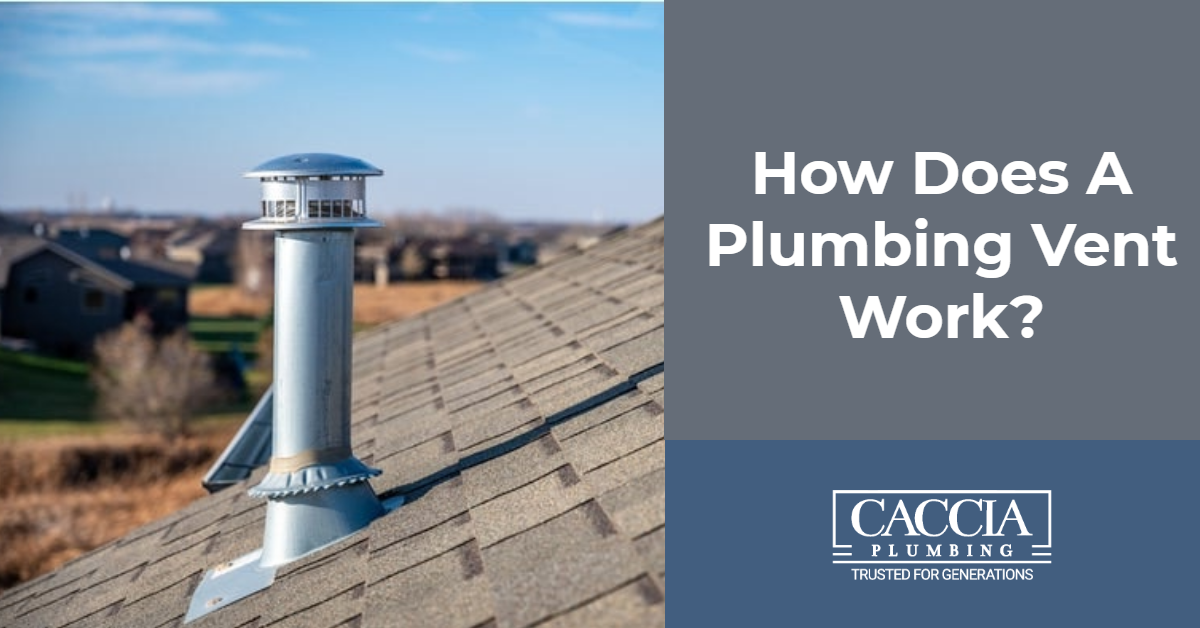A roof inspection is a radical examination of a building's roof to assess its condition, identify any potential issues or damage, and determine whether upkeep, repairs, or replacements are wanted. Roof inspections are typically conducted by homeowners, professional roofing contractors, or inspectors with experience in roofing techniques. The major objective of a roof inspection is to ensure the roof's integrity and performance, delay its lifespan, and forestall pricey repairs or replacements.
Here are Roof Plumbing Campbelltown and components of a roof inspection:
Evaluation of Roofing Materials: The inspector assesses the situation of the roofing materials, such as shingles, tiles, metal panels, or membrane roofing. They search for signs of wear and tear and tear, injury, or deterioration.
Inspection of Flashing and Roof Penetrations: Flashing, which is used around roof penetrations like chimneys, vents, and skylights, is examined for signs of harm or improper set up. Roof penetrations themselves are inspected for leaks or potential points.
Assessment of Gutters and Downspouts: The inspector checks the situation of gutters and downspouts to make sure they're away from particles and in good working order. Clogged or broken gutters can result in water harm and roof problems.
Examination of Ventilation: Proper roof ventilation is essential for regulating temperature and moisture ranges in the attic or crawl space. The inspector checks for sufficient ventilation and indicators of moisture-related points.
Detection of Leaks and Water Damage: The inside of the constructing, significantly the attic or ceiling, is examined for signs of leaks, water stains, or mildew progress. These may indicate roof problems that want attention.

Structural Assessment: In some cases, the roof's structural parts, such as rafters or trusses, could also be inspected for signs of harm or stress.
Documentation: The inspector sometimes provides a written report detailing their findings, including images and suggestions for any necessary repairs or upkeep.
Roof inspections may be scheduled periodically, such as yearly, or as needed, especially after severe climate events like storms or hail. Regular inspections help catch problems early and lengthen the lifetime of the roof. If points are recognized during the inspection, prompt repairs or maintenance can forestall additional harm and dear roof replacements.
It's essential to note that for security reasons, roof inspections should be conducted by people who are experienced and educated about roofing methods. When unsure, it's advisable to rent an expert roofing contractor or inspector to carry out a comprehensive roof inspection..
